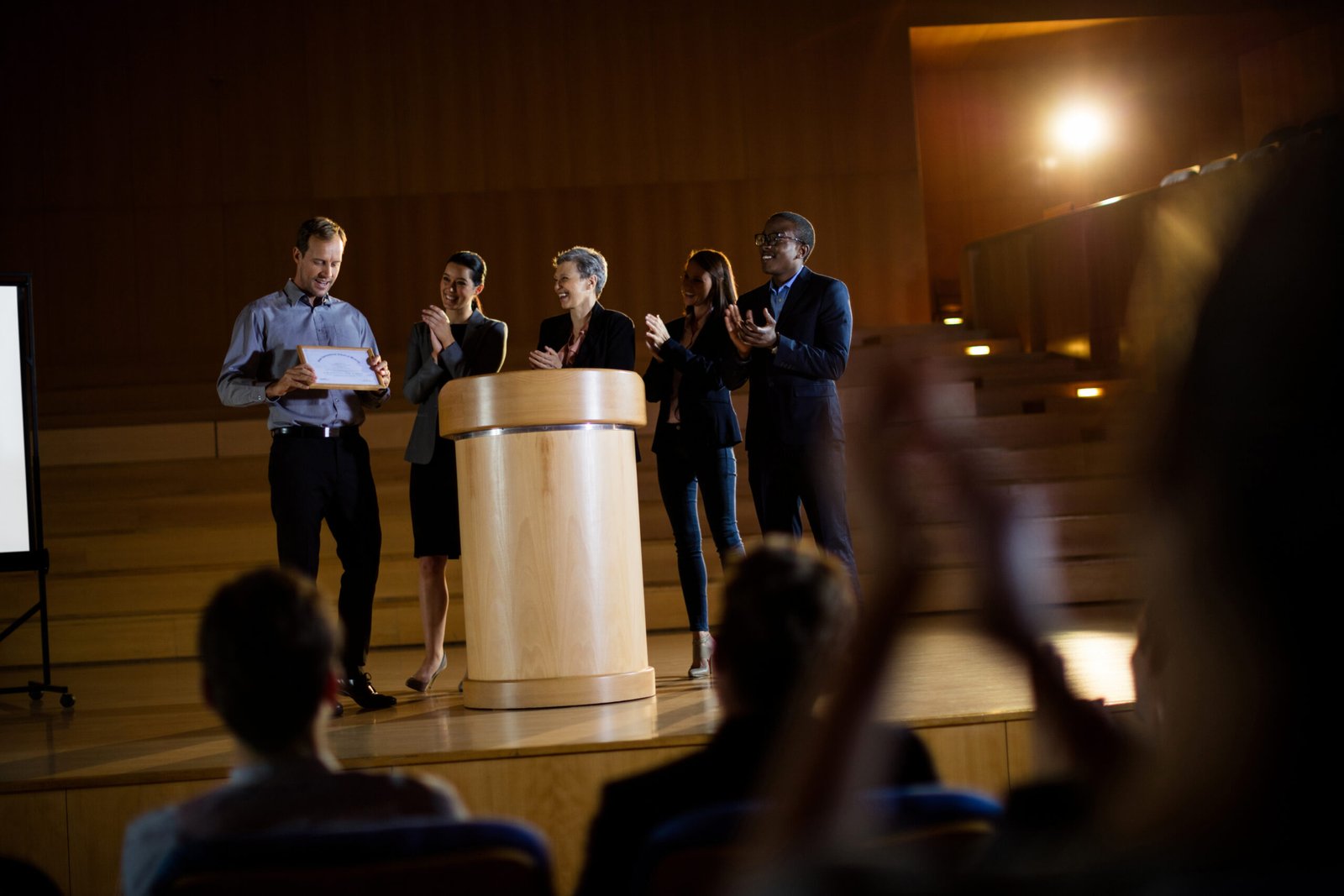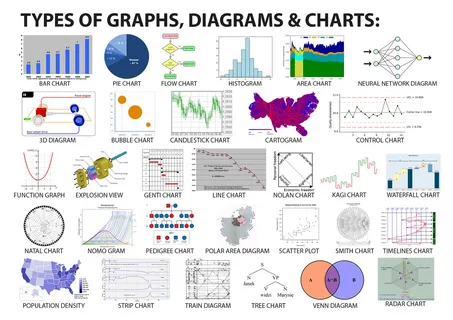When attending a conference, one of the key components that can make or break the event is the group of speakers at a conference. These individuals play a vital role in sharing their expertise, insights, and knowledge with the audience. In this comprehensive guide, we will delve into the various aspects of conference speakers and how you can make the most out of their sessions.
Understanding the Role and Importance of Conference Speakers
Conference speakers serve as the intellectual and inspirational backbone of any conference, providing attendees with invaluable insights and expertise on a myriad of subjects. They are often at the forefront of their fields, bringing years of research, experience, and knowledge to the table, which can significantly enrich the learning experience for everyone involved. Their presentations and talks are not just about disseminating information; they are about inspiring innovation, fostering connections, and challenging conventional thinking. By presenting new ideas, best practices, and cutting-edge research, speakers stimulate intellectual curiosity and encourage attendees to explore new directions in their own work or interests. The impact of a well-delivered presentation can resonate long after the event, as it can influence professional choices, spark collaborations, and even shift industry paradigms. Therefore, the selection and diversity of conference speakers are critical in setting the tone and value of the conference, ultimately determining its success and the professional growth of its attendees.
Types of Speakers You’ll Encounter at Conferences
At any given conference, attendees can expect to encounter a diverse array of speaker types, each bringing their unique brand of expertise and perspective to the fore. Keynote speakers often headline the event, sharing their high-level insights and inspirational messages that set the thematic tone of the conference. These individuals are typically leaders in their field, whether they’re innovating in technology, pioneering new scientific research, or leading social change.
Panelists provide a multi-faceted view on complex subjects, engaging in discussions that highlight varied experiences and opinions. This format allows for a dynamic exchange of ideas, often sparking lively debates and providing attendees with a broader understanding of the topic at hand.
Workshop facilitators offer a more interactive experience, leading sessions where practical skills and hands-on learning are the focus. These sessions are invaluable for attendees looking to acquire new techniques or improve existing ones in a collaborative setting.
Breakout session presenters delve into specific niches, offering detailed insights and focused discussions on particular aspects of a larger field. These sessions are ideal for attendees seeking in-depth information on specialized topics.
Each speaker type contributes to a rich, educational tapestry, ensuring attendees have access to a comprehensive learning experience tailored to their personal and professional growth objectives.
How to Research and Connect with Speakers Before the Conference
Embarking on preliminary research about the speakers scheduled to present at a conference is a strategic move to enhance your event experience. The conference’s official website or mobile application is a treasure trove of information where you can uncover detailed bios, areas of expertise, and the specific topics speakers will cover. This foundational knowledge allows you to tailor your agenda, ensuring alignment with your learning and networking goals.
Reaching out to speakers ahead of time can significantly enrich your conference journey. Platforms such as LinkedIn offer a professional avenue for initial introductions, while direct emails can convey your interest in their work and sessions. Engaging with speakers on social media, commenting on their posts, or sharing their work can also foster early connections. If the opportunity arises, attending pre-conference gatherings or workshops where speakers are participants can provide a casual yet effective setting for meaningful interactions. This proactive approach not only positions you to make informed choices about which sessions to attend but also sets the stage for building impactful professional relationships.
Highlighting Notable Speakers at Upcoming Conferences
In anticipation of upcoming conferences, it’s exciting to spotlight the notable speakers slated to take the stage. These individuals, renowned for their contributions and achievements in their respective domains, promise to deliver compelling and thought-provoking presentations. Their sessions are often the most anticipated, drawing crowds eager to gain insights from leading minds. It’s beneficial for attendees to familiarize themselves with these speakers’ backgrounds and bodies of work ahead of time to fully appreciate the depth and relevance of their talks. Participating in sessions led by these distinguished speakers not only offers a chance to hear firsthand about their latest research, innovations, or strategies but also provides a unique opportunity for direct engagement through Q&A segments. Additionally, these sessions often serve as a catalyst for stimulating discussions among attendees, further enriching the conference experience. To maximize the benefits of attending these highlight sessions, consider planning your schedule around them and arriving early, as seats tend to fill up quickly. Engaging with these speakers’ published work prior to the conference can also enhance your understanding and enjoyment of their presentations, making for a more impactful and rewarding experience.
Leveraging Speaker Sessions for Professional Development
Leveraging speaker sessions at conferences offers a treasure trove of opportunities for professional growth. By actively participating in these sessions, you immerse yourself in a learning environment ripe with the latest insights and practices in your field. It’s essential to go beyond passive listening; engage actively by jotting down actionable items, posing questions during Q&A periods, and reflecting on how the information presented can be integrated into your professional life.
Further enrich your conference experience by initiating follow-up communications with speakers whose work resonates with your professional aspirations. A simple LinkedIn message acknowledging their impactful presentation, or an email seeking further discussion on a topic of mutual interest, can pave the way for mentorship opportunities and collaborative ventures. Additionally, sharing your learnings and session takeaways on professional platforms not only consolidates your new knowledge but also elevates your professional profile among your peers. Embracing these strategies turns speaker sessions into pivotal moments for career advancement and lifelong learning.










